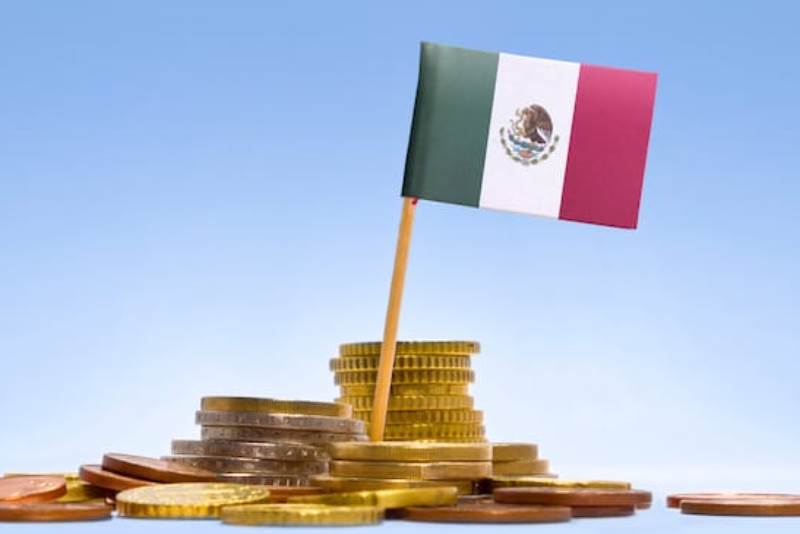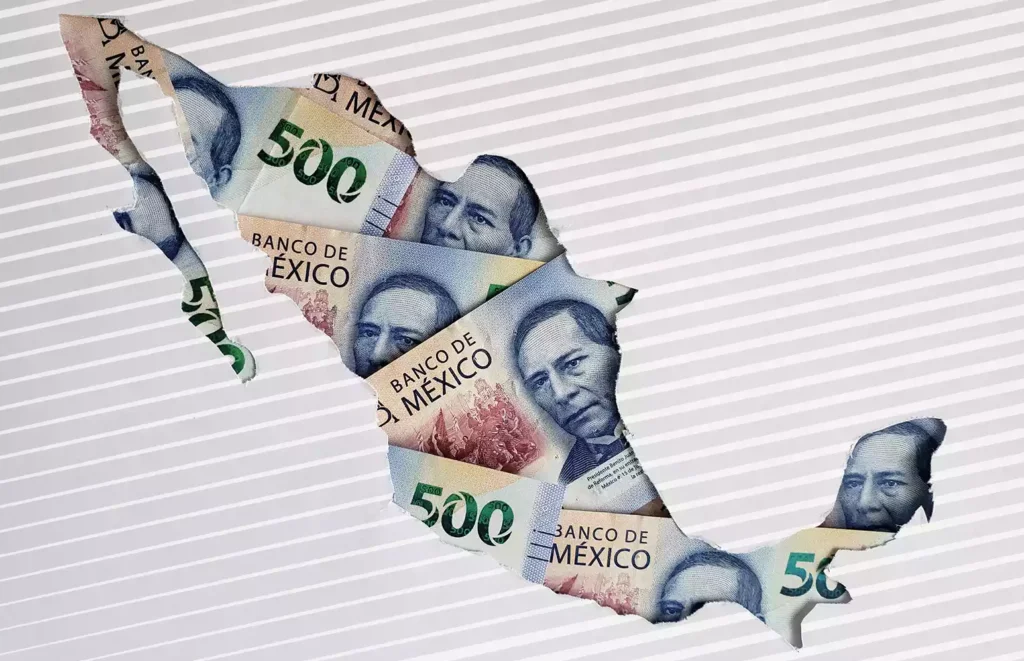IMF: Tax Burden in Mexico Must Increase in 2024

According to an IMF report, the tax burden in Mexico must be strengthened in 2024 to maintain economic stability.
The International Monetary Fund (IMF), in a report on Mexico, explained that certain taxes must be adjusted to sustain growth.
Despite this, it improved its outlook for the country, expecting a 2.1% increase in GDP in 2024, following a 3.2% increase in 2023.
This figure is above the 0.6 points higher than previously projected in both cases.
According to the IMF, part of this growth is a result of “robust domestic consumption and increased investment, notably in the services sector, construction, and automobile production.”
Nevertheless, it warned about the challenges that the next Mexican government will face in achieving fiscal consolidation.
The IMF reiterated the high deficit planned for the 2024 budget; therefore, the tax burden in Mexico will need to be adjusted to the budget. “The next administration will face tough choices to adhere to the medium-term fiscal path.
A significant fiscal consolidation is forecasted for 2025, which will exert a significant drag on growth, reversing the expected momentum for 2024,” warned the evaluation conducted by the Article IV team.
Tax Burden in Mexico ¿Why?
The institution stressed that measures to increase the tax burden in Mexico will be necessary. Some measures could include eliminating the zero VAT rate or expanding personal income tax.
Budgetary pressures stemming from declining revenues are exacerbated by an increase in current spending in 2024 on salaries, pensions, and social spending, as well as higher anticipated spending to complete flagship investment projects.
“The expected increase in the deficit to 5.4% of GDP will boost demand at a time when the economy is operating above its potential, and inflation has not yet returned to the Bank of Mexico’s target,” it pointed out.
In this regard, the IMF warned that this could lead to a higher trajectory for interest rates and a slower decline in inflation.
For Héctor Villarreal, a research professor at the Tecnológico de Monterrey, as 2024 is an election year, it raises questions about budget allocation.
The organization believes that the next administration will need to implement substantial fiscal measures amounting to around 2.5% of GDP.
These adjustments would mainly be related to increasing non-oil revenues and could include eliminating the zero VAT rate, rationalizing exemptions, expanding personal income tax, and raising property taxes.
Tax burden in Mexico is a sensitive issue in an election year, as it could affect the campaigns of the leading contenders.
However, in this administration, it has been acknowledged, and the Executive Branch itself recognizes in the 2024 Economic Package the need for a fiscal adjustment in 2025 amounting to 3 percentage points of GDP.
Also read: In 2030, retirement fund administrators would manage up to 40% of Mexico’s GDP.






